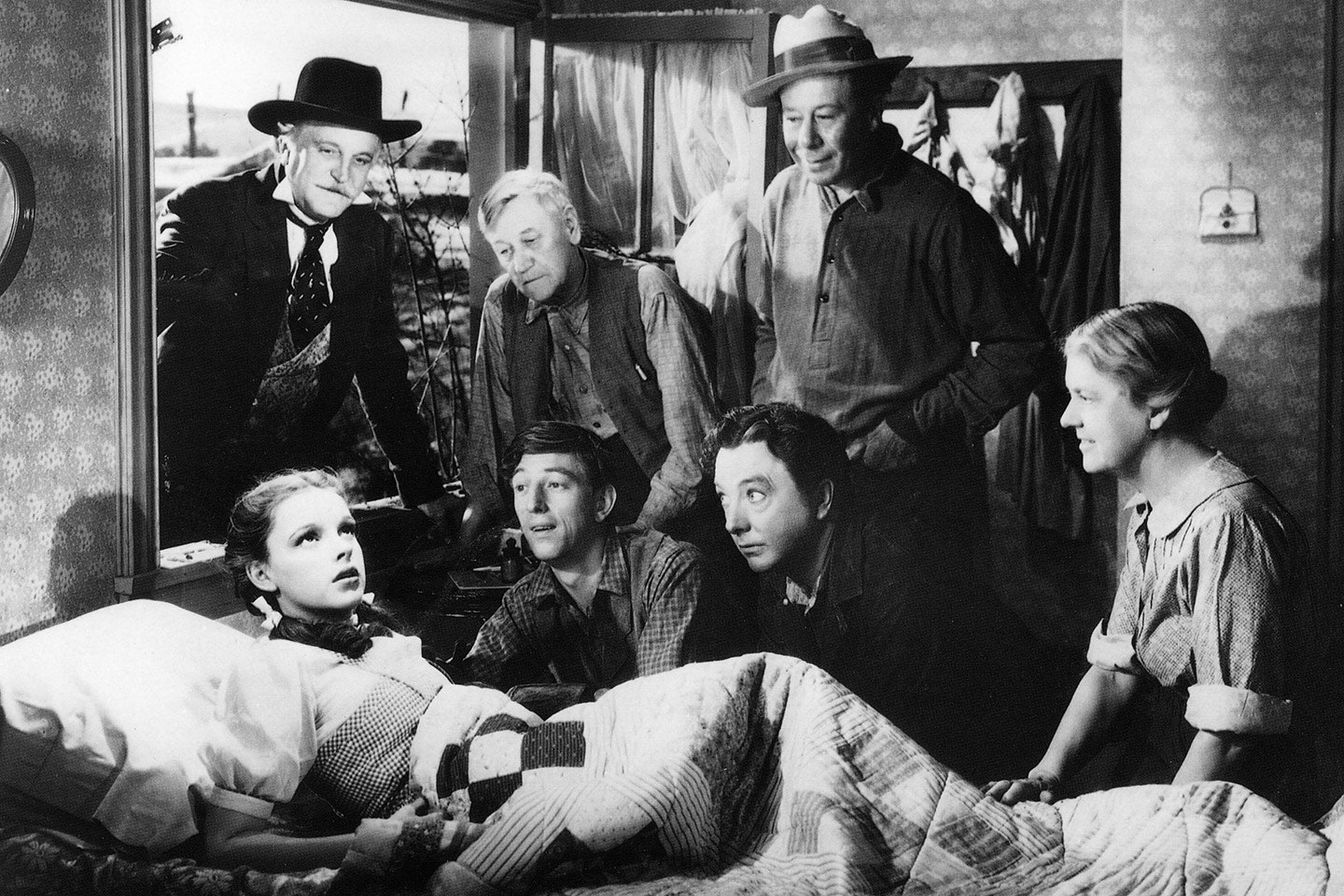The glitz and glamour of old Hollywood may have captivated audiences with its timeless movies and iconic stars, but behind the scenes, a dark secret was lurking.
A recent article in Vanity Fair sheds light on the hidden truth of abortions in the golden age of Hollywood.
In a time when women's bodies were controlled by powerful men in the movie industry, abortions became a necessary evil for female stars.
The heads of major studios like MGM, Paramount Pictures, Warner Bros., and RKO had a say in the decisions regarding women's bodies.
From the very beginning of America's film industry, abortions were seen as essential body maintenance for women in the spotlight.
The article shares heartbreaking stories of actresses who, despite their public image of power and control, faced pressure or even coercion to terminate their pregnancies.
While some may argue that Hollywood gossip isn't always reliable, many of these accounts were recounted by the actresses themselves.
It became an open secret within the industry, with everyone involved, from the men who wanted to avoid consequences to the studio fixers paid to cover up scandals, complicit in this practice.
Even married stars were not exempt from the pressure.
Judy Garland's mother arranged her daughter's first abortion while she was married to bandleader David Rose.
Maintaining a certain image was crucial, and even for married women, having a baby could tarnish that image.
The expectations placed on these women were impossibly high and often contradictory – they had to be both accessible and sophisticated, tough yet sweet, s**y and “virginal.”
Paradoxically, the so-called “morality clauses” in studio contracts, intended to promote good character and prevent scandal, only exacerbated the problems and pressures they faced.
Having a baby meant taking time off work in the short term and having divided loyalties in the long run.
Ultimately, the convenient solution, as one studio boss put it, was to “get rid of the problem.”
This led to the sacrifice of innocent children, while their mothers suffered not only from the abortions themselves but also from the callousness and lack of support they encountered.
The consequences of these abortions were devastating.
Judy Garland's abortions haunted her throughout her life and likely contributed to her tragic death at a young age.
Lupe Velez, another actress, chose to end her own life rather than go through with an abortion.
Each woman affected by this dark secret experienced it differently.
Bette Davis, for instance, found solace in being able to have children later in life after multiple abortions, thanks to her mother's insistence that she couldn't have both a baby and a career.
But regardless of how they coped, all of them suffered.
Coming to terms with this truth is difficult.
It forces us to confront the sordidness and evil that existed behind the scenes of films that shaped our culture and lives.
Hollywood emerged during a time of rapid societal change, with newfound power and freedom for both sexes.
However, perhaps things could have been different if there had been less hedonism, hypocrisy, and obsession with perfect stars.
Maybe if society had placed greater value on life and family and if the s**ual double standard hadn't harshly punished women while men moved on to their next conquest, the story could have had a happier ending.
Sadly, we will never know.
As C.S.
Lewis wrote, God can make good out of anything we do, but it may not be the good He originally intended for us if we had obeyed Him.
We can appreciate the cultural heritage left behind by great movies, but we must also acknowledge and mourn the goodness that was lost.
The most tragic aspect of this story is that we seem to have learned so little from it.
While the Vanity Fair article rightfully denounces the culture of coerced abortions in old Hollywood, it still makes snide remarks about those who oppose abortion today, dismissing them as “patriarchal.”
The truth is that even in these more permissive times, women often face pressure from men to terminate pregnancies.
Feminists, who are usually sensitive to male pressure on women, tend to overlook this issue.
Abortion, in any era and under any circumstance, is a form of child sacrifice.
Whether women make the choice freely or under pressure, they suffer the consequences.
The fathers also experience pain, which often goes unrecognized.
The story of old Hollywood serves as a reminder that a culture of hedonism leads to a culture of death.
On the other hand, when we prioritize grace, mercy, honesty, and support for mothers and babies, a culture of life flourishes, where men, women, and children thrive together in the goodness of God's kingdom.































